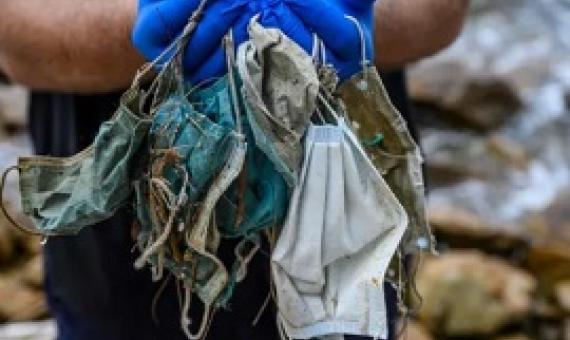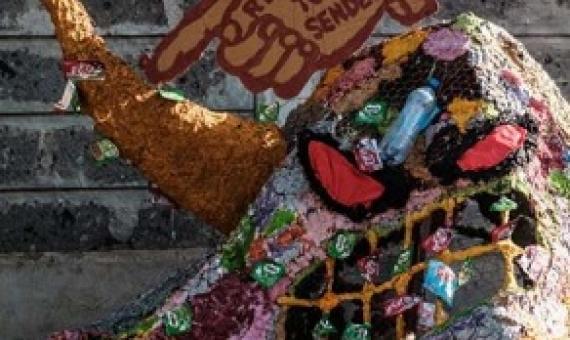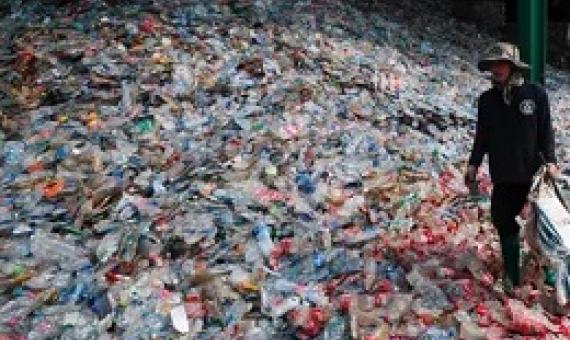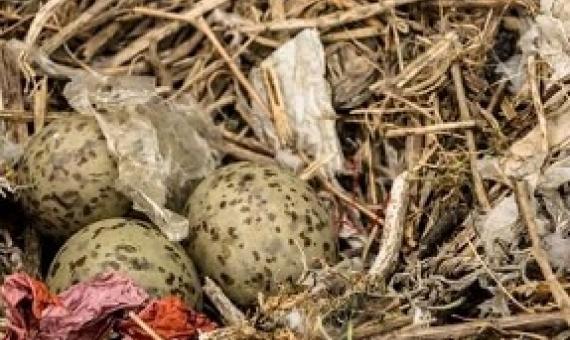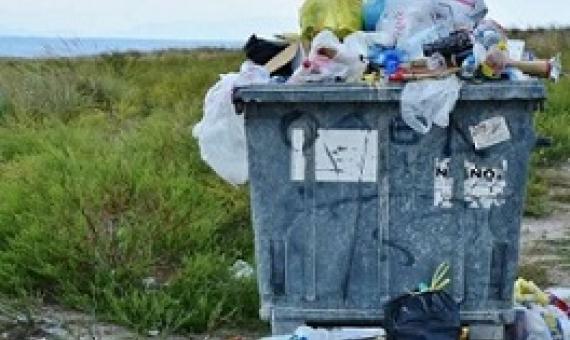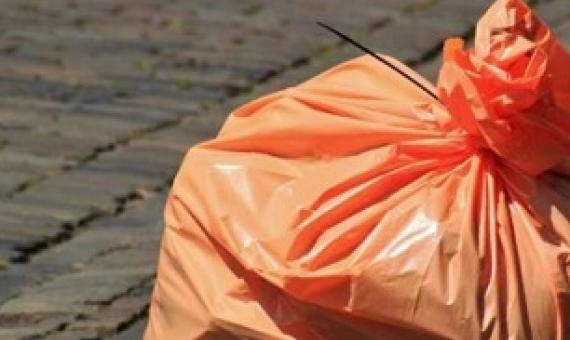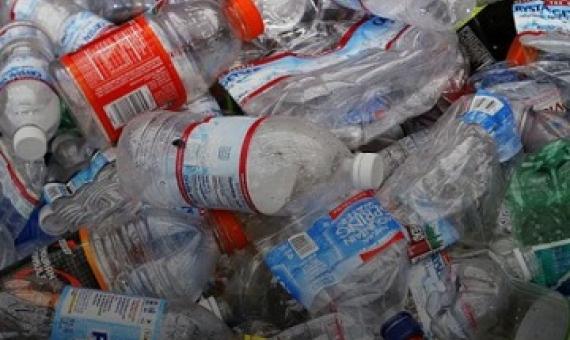Conservationists have warned that the coronavirus pandemic could spark a surge in ocean pollution – adding to a glut of plastic waste that already threatens marine life – after finding disposable masks floating like jellyfish and waterlogged latex gloves scattered across seabeds.
Kenya on World Environment Day barred all single-use plastics such as water bottles and straws from its national parks, beaches, forests and other protected areas. The implementation of the ban, first announced a year ago, was ordered in a letter from Tourism Minister Najib Balala last week.
Beer and soft drinks could soon be sipped from “all-plant” bottles under new plans to turn sustainably grown crops into plastic in partnership with major beverage makers.
Researchers have found that plastic debris is incorporated in up to 80% of seabird nests. For the first time, it has now been identified where that plastic might come from—at least for some of the species studied.
The global demand for certain plastics has grown during the coronavirus pandemic while recycling efforts have suffered setbacks, according to an environmental expert at Rice University's Baker Institute for Public Policy.
There may be a small answer to one of the biggest problems on the planet.
As the world begins to move away from fossil fuels as a source of energy, Big Oil companies are investing heavily in hundreds of new petrochemical plants to ramp up plastic production. And growing plastic production will greatly increase greenhouse gas emissions.

